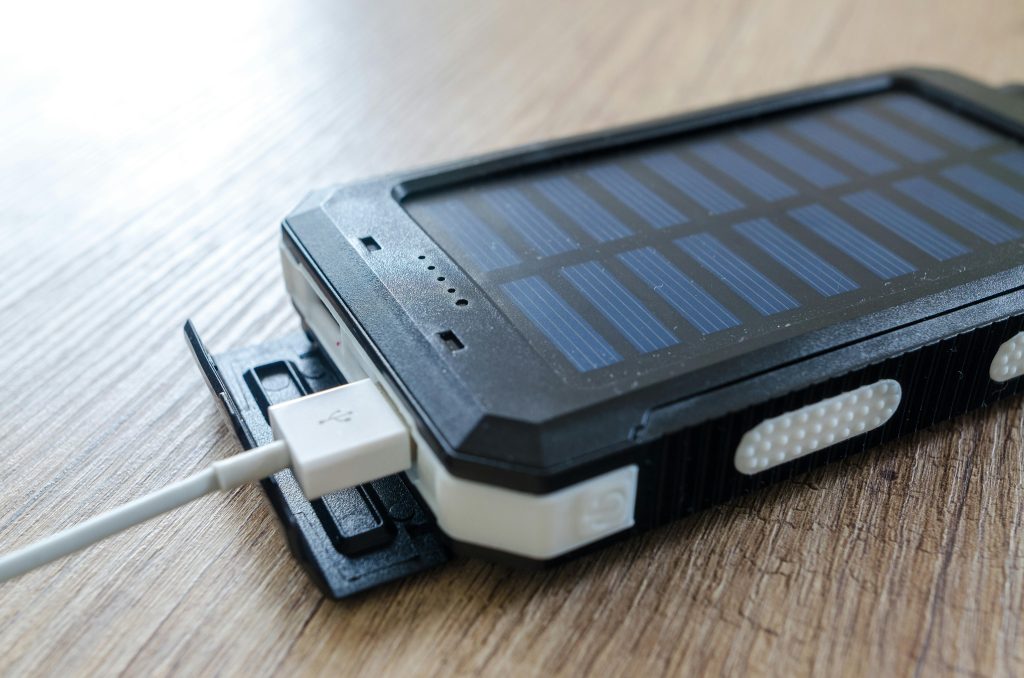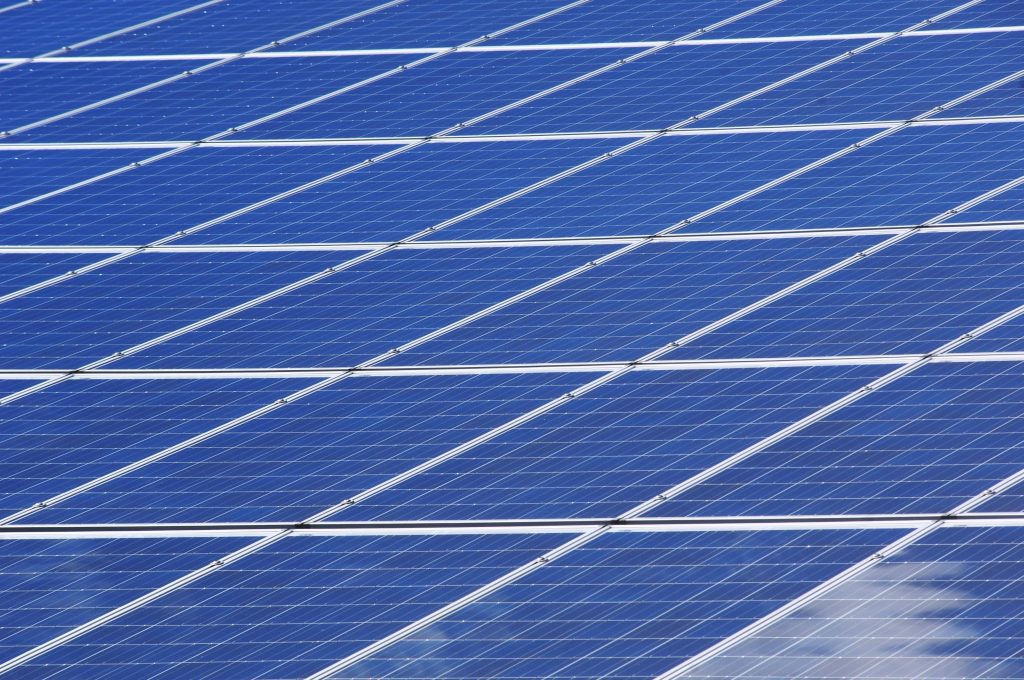PORTABLE POWER STATIONS VS. TRADITIONAL GENERATORS.
Add an overline
dIFFERENCE BETWEEN A PORTABLE POWER STATION AND A TRADITIONAL GENERATOR AND WHICH ONE IS RECOMMENDABLE TO BUY

The Core Difference: How They Make Power
At their heart, the fundamental difference is how portable power station vs generators generate and store electricity;
- Traditional Generators: These are miniature power plants. An internal combustion engine (usually running on gasoline, propane, or diesel) burns fuel to spin an alternator, which generates AC electricity on the spot. They don’t store power; they produce it continuously as long as they have fuel.
- Portable Power Stations: Think of these as gigantic, sophisticated power banks (like the one for your phone). They use large, built-in lithium-ion (or sometimes LiFePO4) batteries to store electrical energy. You must first charge them from a wall outlet, your car, or solar panels. They then release that stored power to your devices on demand. They are, in essence, a battery with outlets
Technical and Operational Differences
This table breaks down the fundamental mechanisms and operational characteristics of each power source;
| Feature | Portable Power Station | Traditional Generator |
| Power Source | Stored electrical energy in a battery (e.g., lithium-ion, LiFePO4) | On-demand electricity from an internal combustion engine |
| Energy Medium | Electrical (stored in a battery) | Chemical (fuel such as gasoline, propane, or diesel) |
| Method of use | Must be pre-charged before use | Requires fuel to be added and engine to be started |
| Run Time | Finite; limited by battery capacity (Wh) | Virtually unlimited as long as fuel is available |
| Noise Level | Silent (except for a faint fan hum) | Very loud (65-90 dB) |
| Emissions | Zero emissions | Produces carbon monoxide (CO) |
| Maintainance | Very low; requires simple recharging | Regular maintenance (oil changes, spark plugs, etc.) |
Comparative Advantages and Disadvantages
This table summarizes the pros and cons of each device based on the technical and operation table.
| Feature | Portable Power Stations | Traditional Generator |
| Power and Run Time | Limited capacity, drains quickly with high-draw devices | High power output, can run for days with enough fuel |
| Noise Level | Quiet, suitable for all environments | Loud, disruptive, not suitable for quiet areas |
| Emission/safety | Safe for indoor use | Must be used outdoors due to CO risk |
| Fuel/Maintenance | No fuel required, low upkeep | Requires fuel and regular maintenance |
| Portability | More compact and lightweight | Heavier and bulkier |
| Device Compatibility | Provides clean, stable sine wave power; safe for sensitive electronics | Can produce “dirty” power that may damage electronics; “inverter” generators provide cleaner power |
Which One Should YOU Buy?
Your choice depends entirely on your primary use case.
Buy a Portable Power Station If You Need Power For:
- Camping & RV Trips: Their silent operation and zero emissions mean you can power lights, a small fridge, or a speaker without disturbing nature or your neighbors.
- Tailgating & Outdoor Events: Power a TV, blender, or mini-fridge safely and quietly around people.
- Sensitive Electronics: Perfect for charging laptops, drones, cameras, and CPAP machines without risk of damage.
- Minor & Short-Term Emergencies: To keep phones, routers, and lights on during a short power outage.
- DIY Projects & Vans: Provides clean, safe power for tools or van life accessories indoors.
Buy a Traditional Generator If You Need Power For:
- Major Home Backup: You need to keep your refrigerator, sump pump, well pump, or home HVAC system running for days during an extended outage.
- High-Power Tools on a Job Site: Running table saws, air compressors, or other high-wattage equipment where refueling is preferable to waiting for a recharge.
- Long-Duration Events: Powering something for more than a day where you have a large fuel supply and noise isn’t a concern
The Best of Both Worlds? Solar Generators
Note: The term “solar generator” is a bit of a misnomer. It’s typically a portable power station sold as a kit with solar panels. This combo is a game-changer, allowing you to recharge your power station battery from the sun, creating a truly off-grid and sustainable power solution. This is ideal for long camping trips or as a supplement during emergencies when fuel might be scarce.

Portable Power Station: Best for quiet, clean, and safe power for electronics, short trips, and light-duty tasks.
Traditional Generator: Best for raw, continuous power for heavy-duty applications and long-term backup.
Final Recommendation: For most people’s everyday needs—camping, tailgating, and keeping gadgets charged during a brief outage—a portable power station is the safer, more convenient, and modern choice. However, if your goal is to keep your essential home systems running for days on end, the proven power and endurance of a traditional generator is still unmatched.
